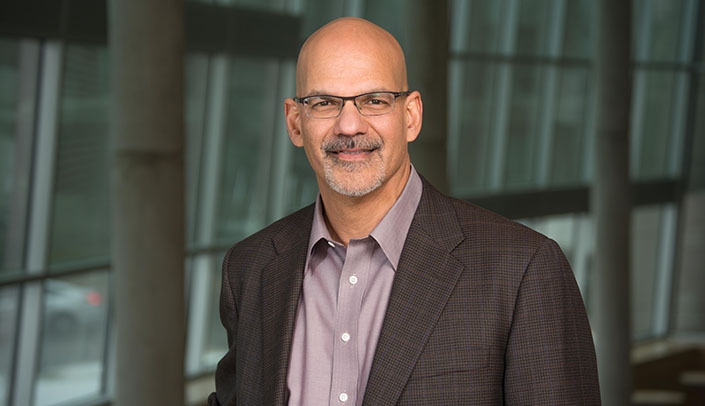The U.S Department of Health and Human Resources Health Resources and Services Administration (HRSA) has awarded the Behavioral Health Education Center of Nebraska (BHECN) a $200,000 Rural Communities Opioid Response Program grant to connect people and resources in rural Nebraska.
The multi-year grant will address barriers to access in rural communities related to substance use disorder, including opioid use disorder. The grant will enable a consortium to build a strategic plan incorporating long-lasting changes to facilitate prevention, treatment and recovery in underserved rural areas.
The grant focuses on five southeast Nebraska counties: Fillmore, Gage, Jefferson, Saline and Thayer. The five, rural consortium members will come from multiple sectors:
- Public Health Solutions, a governmental, local public health agency that serves the five counties with strong ties to all hospitals, schools and county officials;
- Fillmore County Hospital, a rural critical access hospital that provides both inpatient and outpatient behavioral health care;
- Blue Valley Behavioral Health Services, a non-profit community agency and the largest behavioral health, substance use disorder and opioid use disorder preventive and outpatient provider in the area;
- Saline Medical Services, a private for-profit medical center and the largest medical provider for the Hispanic/Latino population; and
- the Crete Police Department.
“The goals of the grant tie directly into BHECN’s mission to improving access to behavioral health care in Nebraska,” said Brent Khan, EdD, BHECN co-director and principal investigator of the grant. “Since its inception, BHECN has provided support, resources and educational opportunities for Nebraska’s behavioral health workforce.”
Beginning this month, Public Health Solutions will conduct a multi-sector needs assessment and gap analysis study on the behavioral health substance use disorder and opioid use disorder community. Once the needs assessment report is completed, additional community members and agencies will be folded into the strategic planning process to develop an inclusive plan addressing the gaps in prevention, treatment and recovery.
